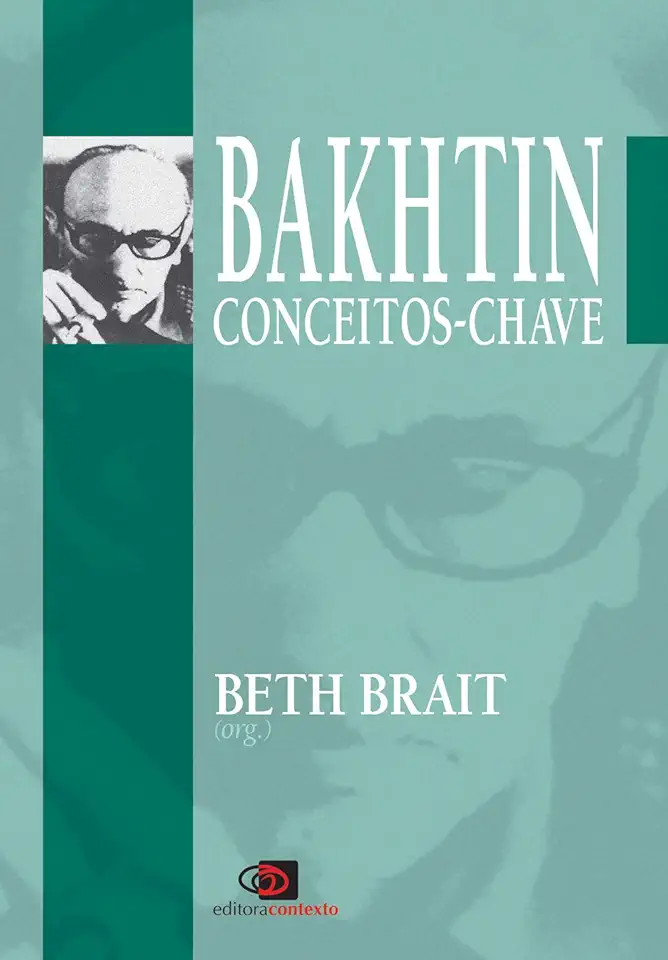
Bakhtin Key Concepts - Beth Brait
Bakhtin Key Concepts: A Comprehensive Guide to His Work and Thought
Introduction
Mikhail Bakhtin was a Russian philosopher, literary theorist, and critic who made significant contributions to the fields of linguistics, semiotics, and cultural studies. His work has had a profound impact on the way we think about language, literature, and culture, and his ideas continue to be influential in a wide range of disciplines.
This comprehensive guide to Bakhtin's work provides a clear and accessible introduction to his key concepts and theories. Written by Beth Brait, a leading scholar of Bakhtin's work, this book offers a comprehensive overview of Bakhtin's thought, from his early work on the philosophy of language to his later work on the dialogic nature of literature and culture.
Key Concepts
Dialogism
One of Bakhtin's most important concepts is dialogism, which refers to the idea that all language and thought are inherently dialogic. This means that they are always in relation to other voices and perspectives, and that they are always shaped by the social and cultural context in which they are produced.
Heteroglossia
Another key concept in Bakhtin's work is heteroglossia, which refers to the diversity of voices and perspectives that exist within any given language or culture. Bakhtin argued that this diversity is essential for the vitality and creativity of language and culture, and that it is what makes possible the dialogic nature of human communication.
Polyphony
Polyphony is another important concept in Bakhtin's work, and it refers to the way in which multiple voices and perspectives can coexist within a single text or utterance. Bakhtin argued that polyphony is a characteristic feature of great literature, and that it is what allows literature to represent the complexity and richness of human experience.
Carnivalesque
The carnivalesque is another key concept in Bakhtin's work, and it refers to the festive and transgressive elements that are often found in literature and culture. Bakhtin argued that the carnivalesque is a powerful force for social and cultural change, and that it can help to break down hierarchies and create a more egalitarian society.
Applications of Bakhtin's Work
Bakhtin's work has been applied to a wide range of disciplines, including literary criticism, cultural studies, linguistics, and education. His ideas have also been used to inform the work of artists, filmmakers, and other creative practitioners.
In literary criticism, Bakhtin's work has been used to analyze the dialogic nature of literature, the diversity of voices and perspectives that exist within literary texts, and the way in which literature can represent the complexity and richness of human experience.
In cultural studies, Bakhtin's work has been used to analyze the role of language and culture in shaping our understanding of the world, the way in which culture is produced and consumed, and the way in which culture can be used to create social and political change.
In linguistics, Bakhtin's work has been used to analyze the dialogic nature of language, the diversity of languages and dialects that exist in the world, and the way in which language is used to create meaning.
In education, Bakhtin's work has been used to inform the development of dialogic teaching methods, which emphasize the importance of student-to-student interaction and the co-construction of knowledge.
Conclusion
Mikhail Bakhtin was a brilliant and original thinker whose work has had a profound impact on our understanding of language, literature, and culture. His key concepts of dialogism, heteroglossia, polyphony, and the carnivalesque have helped us to see the world in new ways, and they continue to inspire scholars, artists, and activists around the world.
This comprehensive guide to Bakhtin's work is an essential resource for anyone who wants to understand his thought and its implications for the fields of linguistics, semiotics, and cultural studies. With its clear and accessible explanations of Bakhtin's key concepts, this book is the perfect introduction to the work of one of the most important thinkers of the twentieth century.